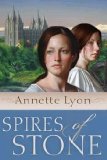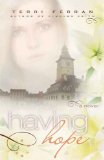So I’m undertaking a major reading project right now, since I don’t want to push myself to write in the midst of some other project. (What was it again? Oh yeah, Operation Make-Rachel-Stop-Crying. It’s a full time job.) I picked probably twenty or so books that have been nominated for various awards in my genre or published by my target presses (and that were available at my library) and have plowed my way through several.
 But not all. Maybe I’ve gotten a little burnt out on reading (is that possible?), but in the last week or two, I’ve suddenly had a hard time sticking to a book. This week, I tried two novels where the writing was so bad, I had to skip half the book or more. (I still wanted to know how it ended, though that was at least partially so I’d never be tempted to pick up the book again.) Telling vs. showing was the main problem. I said it was like the author was standing in front of me, holding up a curtain as he dictated the action on the other side.
But not all. Maybe I’ve gotten a little burnt out on reading (is that possible?), but in the last week or two, I’ve suddenly had a hard time sticking to a book. This week, I tried two novels where the writing was so bad, I had to skip half the book or more. (I still wanted to know how it ended, though that was at least partially so I’d never be tempted to pick up the book again.) Telling vs. showing was the main problem. I said it was like the author was standing in front of me, holding up a curtain as he dictated the action on the other side.
Although bad writing is always a turn off, it’s not always enough to make me give up on a book, or at least half of it. Some of the books I just couldn’t not put down lost me in character soup. In one case, the story was told from one character’s POV, but by the end of the first chapter, we’d met so many people I couldn’t remember which character that was. And I kept forgetting in subsequent chapters.
I think it all boiled down to a basic factor: I just couldn’t get involved in the characters. Something about the narration style (telling) was too distant or confusing for me to make an emotional connection and sympathize with characters. And I’m realizing that life’s too short for boring books (or boring novels, anyway), so I’m not willing to persevere through a hundred pages to see if I suddenly start liking a character.
(And since life’s too short for boring books, I’d better work twice as hard to make sure mine aren’t boring!)
What do you think? What makes you put down a book?
Photo by Wade Kelly

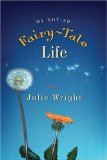
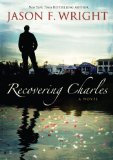
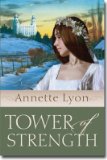
 . It could also be a time period thing.
. It could also be a time period thing.